Don’t Freeze on Your Next Camping Trip: How Many Tent Heaters Do You Need?
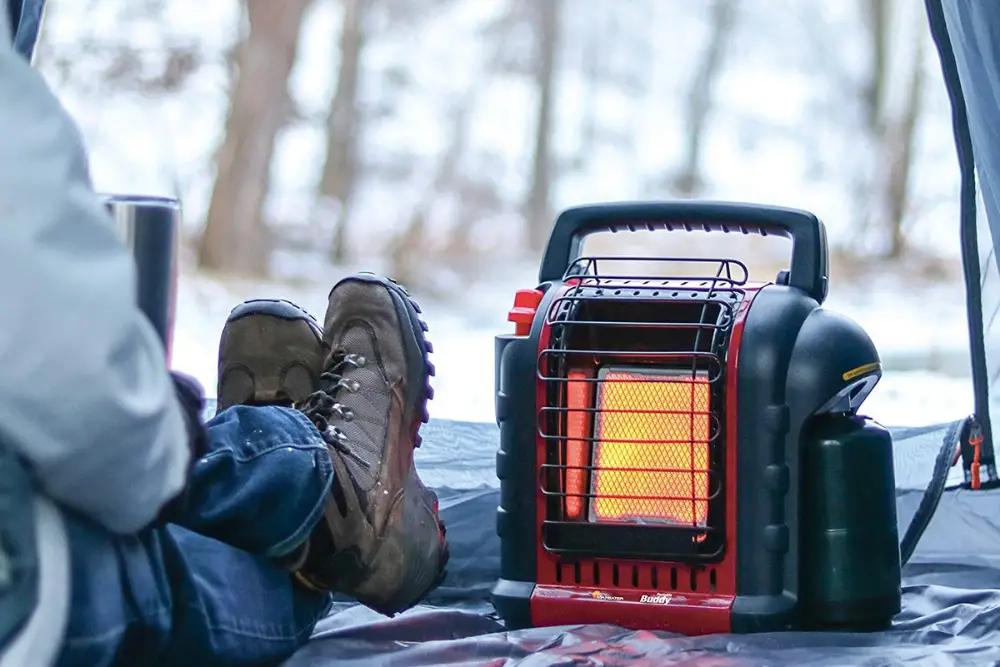
When you’re camping, staying warm is crucial to your comfort, safety, and overall enjoyment of the trip. Whether you’re camping in the mountains or the desert, temperatures can drop significantly at night, making it difficult to sleep or even stay awake. This is where tent heaters come in handy – they can provide warmth and comfort, and help you get a good night’s rest, so you can wake up refreshed and ready to explore.
However, choosing the right number of tent heaters can be challenging, especially if you’re not familiar with the different types of heaters and their features. In this article, we’ll guide you through the process of determining how many tent heaters you need for your next camping trip. We’ll explore the various factors you should consider when choosing heaters, and provide tips on how to stay warm and safe while camping. So, let’s get started!
Factors to consider when choosing tent heaters
Before you choose a tent heater, it’s important to consider several factors that can affect the effectiveness and safety of the heater. These include:
Tent size and shape
The size and shape of your tent will affect the amount of heat that’s needed to warm it up. A larger tent will require more heat than a smaller one, while a tent with high ceilings will need more heat than one with lower ceilings.
Weather conditions
The weather conditions you’ll be camping in will also affect your heater needs. If you’ll be camping in colder temperatures or in windy conditions, you may need a heater with a higher BTU rating.
Insulation and ventilation
The insulation and ventilation of your tent can affect the efficiency of your heater. A well-insulated tent will retain heat better, while proper ventilation will prevent condensation and reduce the risk of carbon monoxide poisoning.
Personal preferences and needs
Finally, your personal preferences and needs will also play a role in your heater choice. For example, you may prefer a certain type of heater, such as an electric heater over a propane heater, or you may have specific requirements, such as a heater that’s quiet or easy to set up.
By considering these factors, you can choose a tent heater that’s appropriate for your specific camping needs, ensuring that you stay warm, comfortable, and safe throughout your trip.
Calculating the number of tent heaters needed
To determine how many tent heaters you need, you’ll need to consider several factors, including the recommended BTUs per tent size, weather conditions, and other factors that affect your heater needs.
Here’s a breakdown of how to calculate the number of heaters needed:
Recommended BTUs per tent size
The recommended BTUs per tent size can vary depending on the source, but generally, a rule of thumb is that 2,500 BTUs of heating power will heat 600 cubic feet (length x width x height) of tent space 30 degrees.
To calculate how many BTUs you need, use this formula: tent volume (length x width x height) x temperature difference (current outside air temperature – desired inside temperature) x 0.133 = required BTU/hour.
For example, a 10x10x6 tent (600 cubic feet) would need a heater with 2,500 BTUs of heating power to raise the temperature inside the tent 30 degrees.
Adjusting BTU requirements based on weather conditions
The recommended BTUs can be adjusted based on the weather conditions you’ll be camping in. For example, if you’ll be camping in temperatures below freezing, you may need to add 20% to 30% to the recommended BTUs. If you’ll be camping in windy conditions, you may need to add another 10% to 20%.
Considering multiple smaller heaters vs. one larger heater
You may also want to consider whether to use multiple smaller heaters or one larger heater. Multiple smaller heaters can be more effective at evenly distributing heat throughout the tent, while a larger heater may be more convenient to set up and use.
Other factors to consider when calculating the number of heaters needed
Other factors to consider include your personal preferences and needs, such as the type of heater you prefer, the noise level, and the ease of use.
By taking these factors into account, you can calculate the number of tent heaters you need for your camping trip, ensuring that you have enough heat to stay warm and comfortable throughout your adventure.
Types of tent heaters and their pros and cons
When choosing a tent heater, you’ll also need to consider the different types of heaters available, each with their own pros and cons. Here are some of the most common types of tent heaters:
Propane heaters
 Propane heaters are popular among campers because they’re portable and can provide a lot of heat quickly. They’re also relatively inexpensive to operate, as propane is cheaper than electricity. However, propane heaters can be dangerous if not used properly, and they require proper ventilation to prevent the buildup of carbon monoxide.
Propane heaters are popular among campers because they’re portable and can provide a lot of heat quickly. They’re also relatively inexpensive to operate, as propane is cheaper than electricity. However, propane heaters can be dangerous if not used properly, and they require proper ventilation to prevent the buildup of carbon monoxide.
A popular propane tent heater is the Mr. Heater Buddy Portable Propane Heater. The Buddy is a 9,000 BTU heater that uses small 1lb propane bottles. It’s a popular choice due to its simplicity and flexibility.
Electric heaters
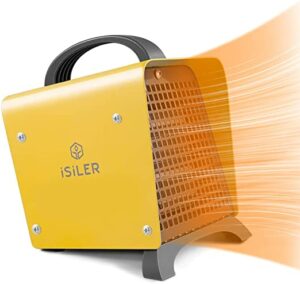 Electric heaters are a safer option than propane heaters, as they don’t produce carbon monoxide. They’re also quieter and more efficient than propane heaters, as they don’t require fuel tanks or constant refilling. However, electric heaters require access to electricity, which may not be available in remote camping locations.
Electric heaters are a safer option than propane heaters, as they don’t produce carbon monoxide. They’re also quieter and more efficient than propane heaters, as they don’t require fuel tanks or constant refilling. However, electric heaters require access to electricity, which may not be available in remote camping locations.
The Isiler 1500W Ceramic Indoor Space Heater is a popular example of an electric heater that can be used to heat your tent. It’s expensive and has tip-over protection – if it gets knocked over while in your tent, it will shut off automatically.
Catalytic heaters
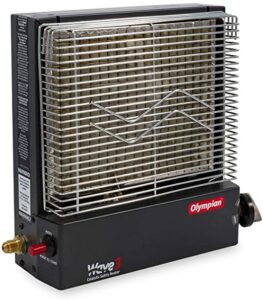 Catalytic heaters are a type of propane heater that uses a chemical reaction to produce heat. They’re generally safe and efficient, as they don’t produce open flames or carbon monoxide. However, they’re not as powerful as other types of heaters and may not be suitable for very cold temperatures.
Catalytic heaters are a type of propane heater that uses a chemical reaction to produce heat. They’re generally safe and efficient, as they don’t produce open flames or carbon monoxide. However, they’re not as powerful as other types of heaters and may not be suitable for very cold temperatures.
Camco’s Olympian RV Wave-3 is a portable catalytic heater that uses propane to efficiently and safely heat your space.
Wood-burning stoves
Wood-burning stoves are a popular option for winter camping, as they can provide a lot of heat and create a cozy atmosphere. They also don’t require access to electricity or fuel, as they burn wood. However, wood-burning stoves can be heavy and difficult to transport, and they require a lot of effort to set up and maintain.
By understanding the pros and cons of each type of tent heater, you can choose the one that’s best suited to your camping needs and preferences. Remember to always follow the manufacturer’s instructions and take proper safety precautions when using any type of heater in your tent.
Safety considerations
When using a tent heater, safety should always be your top priority. Here are some safety considerations to keep in mind:
Proper ventilation
Whether you’re using a propane or electric heater, you’ll need to ensure that your tent is properly ventilated to prevent the buildup of carbon monoxide. This means leaving a window or vent open and avoiding completely sealing the tent.
Placement of the heater
You’ll also need to be careful about where you place your heater. It should be placed on a stable surface away from any flammable materials, such as clothing, bedding, or the tent walls. Never leave a heater unattended, and always turn it off when you’re sleeping or leaving the tent.
Fire safety
In addition to proper placement, it’s important to have fire safety equipment on hand, such as a fire extinguisher or a bucket of water. You should also avoid smoking inside the tent or using any open flames.
Emergency plans
It’s a good idea to have an emergency plan in place in case something goes wrong with the heater or there’s a sudden change in weather conditions. Make sure you have a way to contact emergency services and a backup plan for staying warm if the heater malfunctions or runs out of fuel.
By following these safety considerations, you can ensure that your camping trip stays safe and enjoyable, without any accidents or emergencies caused by your tent heater.
Tips for maximizing heat and minimizing energy usage
Once you’ve chosen the right tent heater and taken all necessary safety precautions, you’ll want to maximize its effectiveness and minimize its energy usage. Here are some tips to help you do just that:
Insulate your tent
Insulating your tent with blankets, sleeping bags, or foam pads can help to trap heat inside and prevent it from escaping through the walls or floor.
Use a tent with a smaller capacity
Choosing a smaller tent can help to reduce the amount of space that needs to be heated, which can in turn reduce the amount of energy used.
Layer up
Dressing in layers and wearing warm clothing can help to keep you warm and reduce the need for the heater to work as hard.
Use a reflective blanket
Placing a reflective blanket over your tent can help to reflect heat back into the tent, rather than letting it escape.
Use a timer
Setting a timer on your heater can help to regulate its usage and prevent it from running unnecessarily, which can save energy and fuel.
By following these tips, you can ensure that your tent heater is working efficiently and effectively and that you’re staying warm without using excessive energy.
Conclusion
Camping in cold weather can be a great way to enjoy the great outdoors, but it’s important to stay warm and safe while doing so. Choosing the right tent heater and using it correctly can make all the difference. By considering the factors we discussed, calculating the number of heaters needed, and taking safety precautions, you can ensure a comfortable and safe camping trip.
Remember to choose the right type of tent heater for your needs, consider the size of your tent and how many people will be using it, and take steps to maximize heat and minimize energy usage. And above all, always prioritize safety when using a tent heater.
By following these guidelines and using your tent heater responsibly, you can have a great camping trip even in cold weather. Stay warm and stay safe!
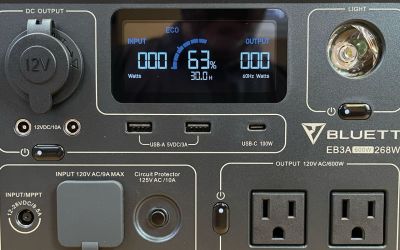

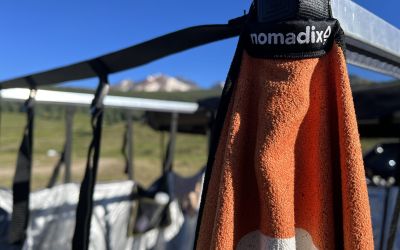

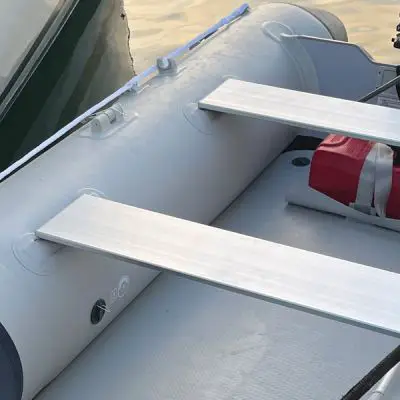

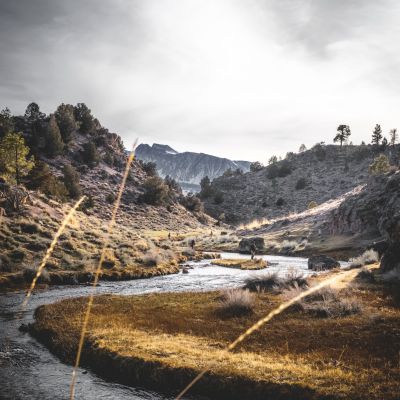

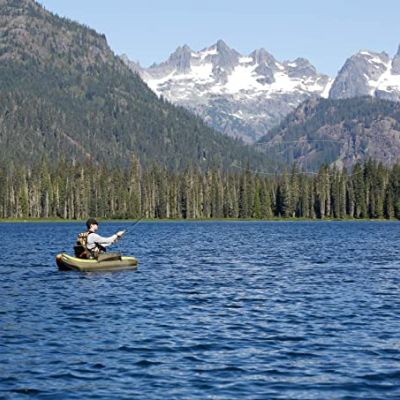
Leave a Reply